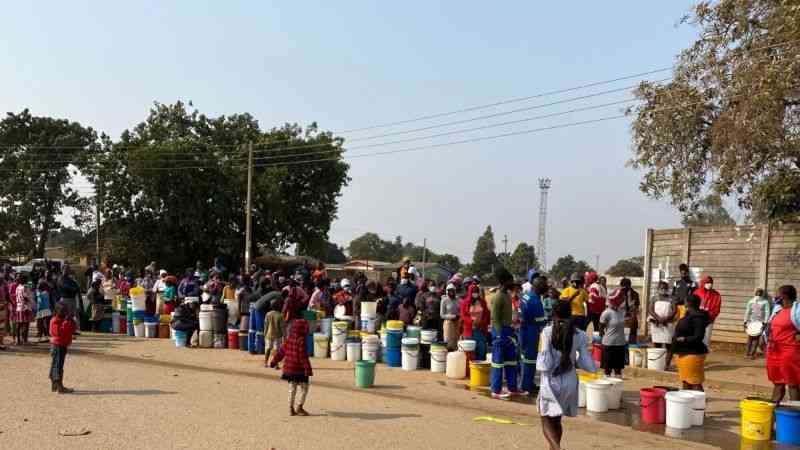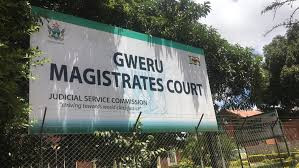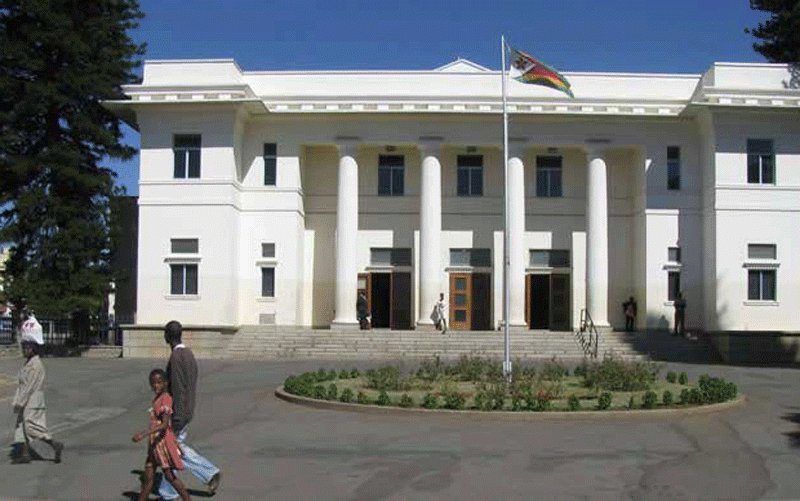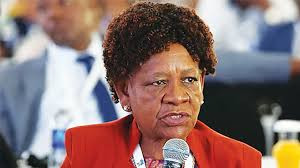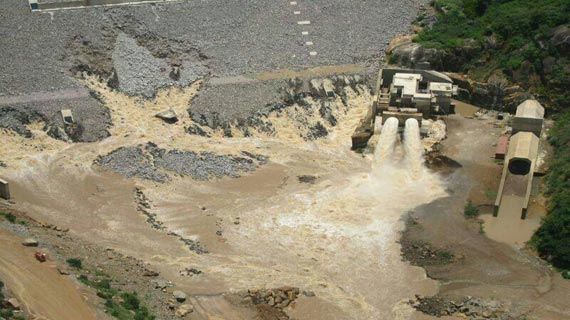
CONSTRUCTION of the country’s largest inland water reservoir, Tokwe-Mukosi Dam, is moving at a snail’s pace as the government owes the contractor Salini-Impregilo Joint Venture $70 million, which has been exacerbating on-and-off site problems haunting the project. TATENDA CHITAGU OWN CORRESPONDENT
Construction at the site started in 1998, but was suspended in 1999 due to lack of funds.
It went through a stop-start process from 2001 to 2005 before being allocated money from national Treasury during the inclusive government era in 2010.
The dam was scheduled for completion by December 31 2013, but that deadline was shifted to April this year, a target which is now not achievable.
Tokwe-Mukosi Dam resident engineer Paul Dengu told a three-member Cabinet committee headed by Local Government minister Ignatius Chombo on Friday that work had stopped due to lack of fuel.
“Today we had no fuel, so there was no construction going on. We will start working at the night shift. Resources are trickling in here and there,” he said. “Sometimes we will be working at a snail’s pace, sometimes we do not due to lack of resources.
Dengu revealed that the government owes $70 million.
“The government is in arrears of $70 million to Salini and this has affected work here,” he added.
- Chamisa under fire over US$120K donation
- Mavhunga puts DeMbare into Chibuku quarterfinals
- Pension funds bet on Cabora Bassa oilfields
- Councils defy govt fire tender directive
Keep Reading
Construction was also delayed by a costly seepage at the dam wall at the end of January this year.
Apart from the breach of the dam wall, there was also a flooding disaster that saw about 18 000 people living in the dam’s flood basin being moved to Chingwizi transit camp in Mwenezi after losing houses and property.
The problem followed villagers at Chingwizi where they are currently living in inhumane conditions crammed in tents, facing food and water shortages and without proper sanitation.
Tokwe-Mukosi, once complete, would supply Harare as a long-term answer to the capital’s water shortages.

